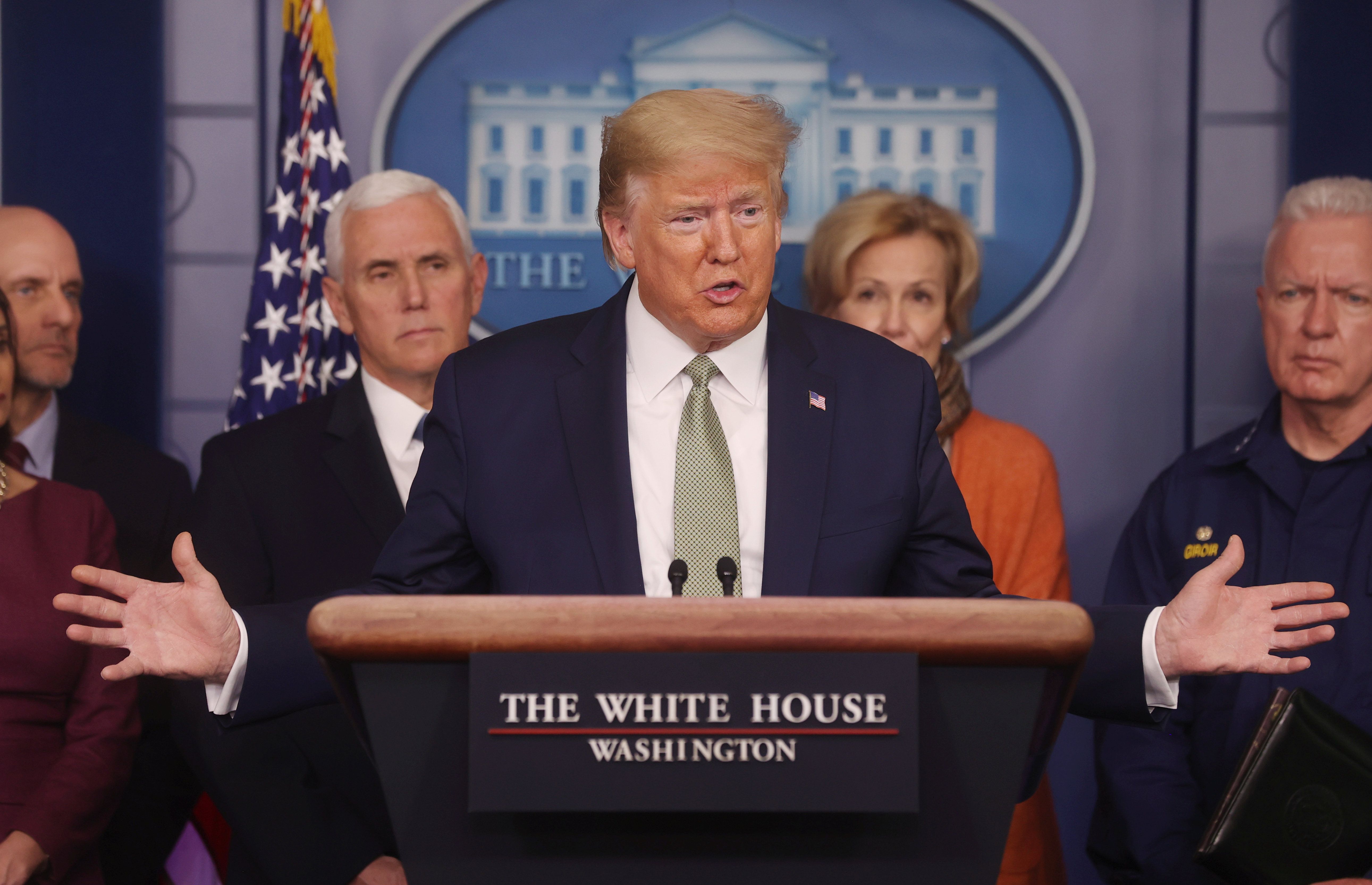Hard Numbers: Trump’s trust problem, Apple fined, Russians ignore sanctions, Boko Haram attack
37: Only 37 percent of Americans have a good or great deal of trust in what they're hearing from President Trump about coronavirus, according to a new NPR/PBS/Marist poll.
1.2 billion: Apple has been hit with a whopping $1.2 billion fine from a French antitrust watchdog, the largest fine of its kind that France has ever imposed. The French regulator claims that the tech giant conspired with two retail resellers to set prices and was "abusively exploiting" distributors.
50: After a fierce attack on one of its military posts by members of the Boko Haram militia, Niger's government said it killed 50 of the group's fighters in retaliatory strikes. In recent years Boko Haram has expanded well beyond its home country of Nigeria, staging attacks in Niger, Chad and Cameroon.
10: A mere ten percent of Russians say that Western sanctions are a problem for them or their families, the lowest mark on record. We aren't sure what the figure would be for Putin cronies who are targeted specifically by the sanctions, but by the looks of it, EU and US restrictions haven't changed the Kremlin's foreign policy much over the past 6 years.
